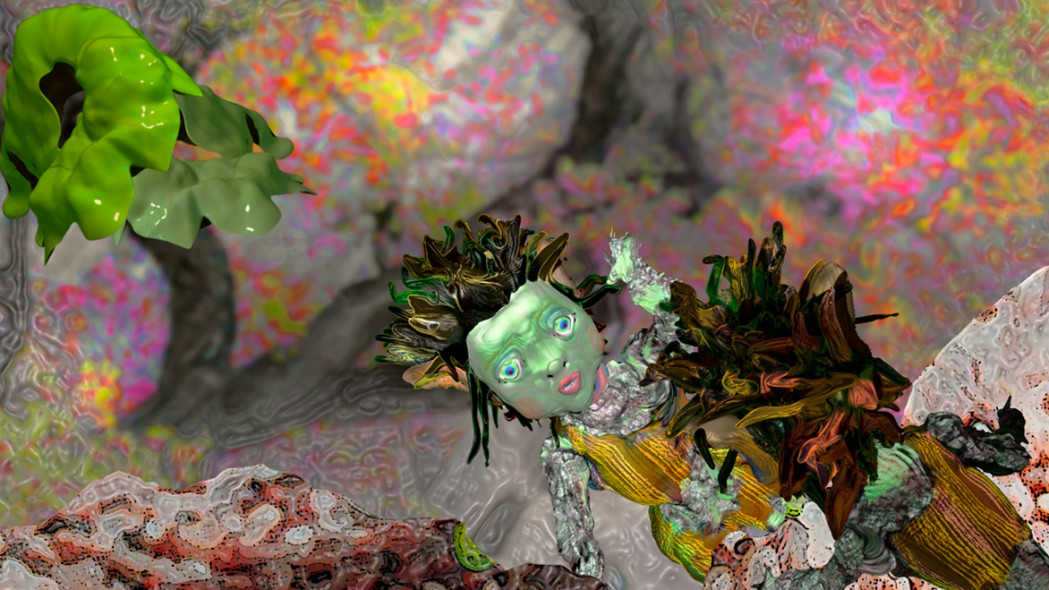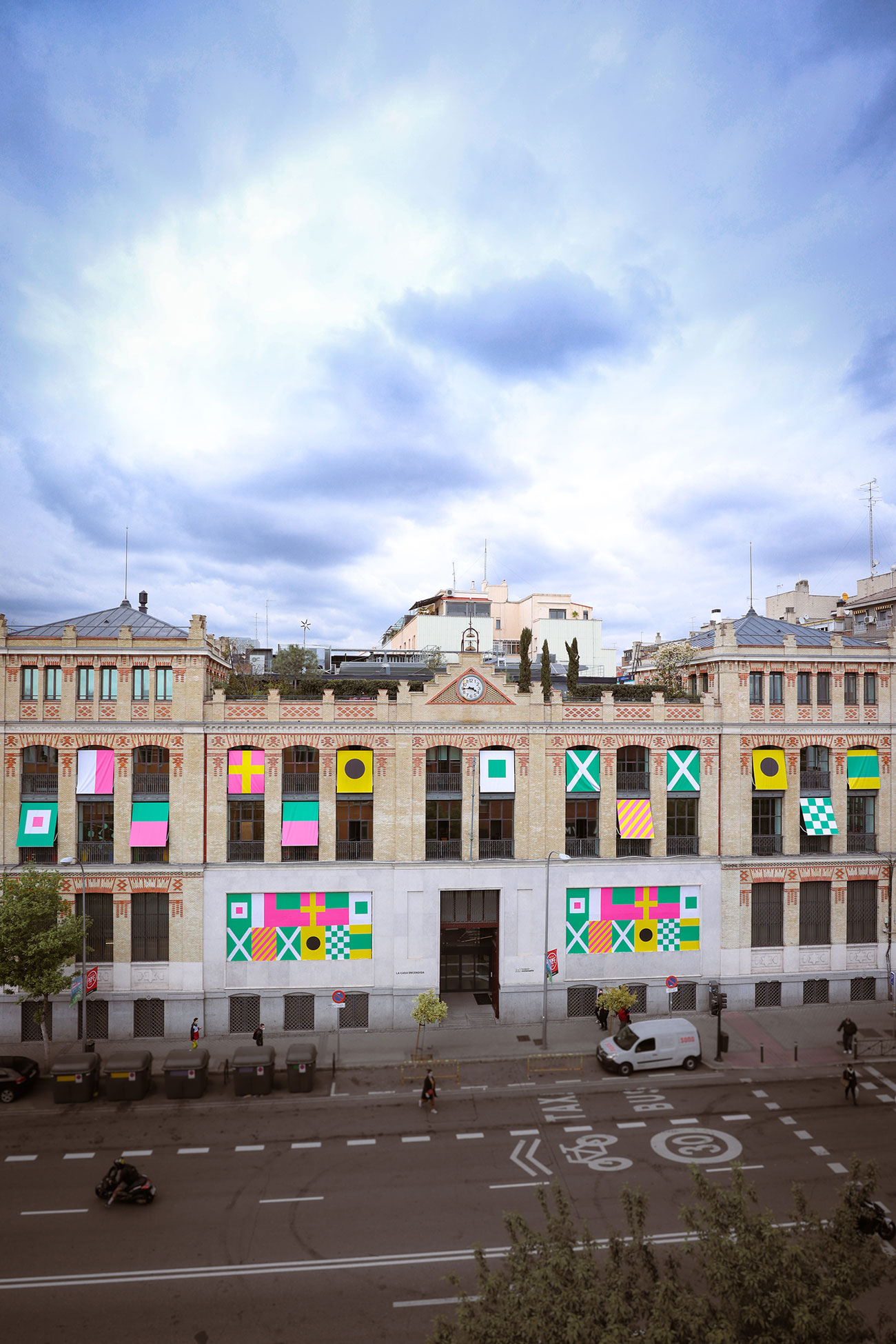Wandering through the enchanted forest

Enchanted forests, magical creatures, mirrors, poisoned apples and rites of passage converge in an audiovisual programme, a listening session and a workshop where standard fairy-tale elements are rewritten and interwoven with contemporary references, interests and aesthetics.
The oral tradition of telling stories or fairy tales dates back millennia, although the fairytale as a literary genre was established through the efforts of Charles Perrault and Madame d’Aulnoy in France and the Brothers Grimm in Germany, who compiled these old legends and inspired a wave of similar initiatives across Europe, reviving people’s interest in a supernatural past. Though fairies do not appear in every fairy tale, they are all steeped in magic and enchantment. Without going into too much detail, the mundane is transformed to reveal its unexpected possibilities.
Despite the fact that, as Marina Warner accurately noted, fairy tales, more than any other genre, are rooted in exacerbated nationalism and reflect a heteropatriarchal, racist society, they also travel and are transformed and rewritten. And that is precisely what this series aims to explore: the mutational capacity of fairy tales. Designed for an adult audience, the activities scheduled for Wednesday, 4 March, will include an audiovisual programme and a listening session, where texts will be read aloud while the music of Andrea Zarza plays in the background. The featured proposals use the folklore, mythology and utopian fantasies typical of fairy tales to decode and replace some of the values and assumptions they have traditionally conveyed.
The readings in the listening session will include excerpts from the work of Angela Carter, who used metamorphosis and other themes in her fiction to portray women who break free, refusing to be treated as mere commodities and defying traditional gender roles. The films of Marianna Simnett, depicting rites of passage and physical transformations, use the age-old repertoire of fairy tales to shatter the binary gender system. The same is true of the short film Boyland, directed by Gabe Rubin and Felix Bernstein, which tells the story of a boy haunted by evil spirits from a queer perspective.
During the session, we will also read Jen Calleja and Carmen María Machado, who reflects on Disney’s tendency to represent male and female antagonists as queer villains in its adaptations of classic fairy tales. Trips, a short directed by Zachary Schoenhut, revives the children’s TV show “Faerie Tale Theatre”, in which male and female fairy-tale villains often resembled drag queens and kings of the queer nightlife scene. Other proposals, like Liga Spunde’s short The Mirror, use the familiar device of the magic mirror to reflect on the Dark Net.
The listening session will open with excerpts from Shakespeare, Christina Rossetti, Hans Christian Andersen and the more contemporary author Fanny Howe to recreate the atmosphere of the enchanted forest and introduce us to the wide range of magical creatures who dwell there, such as Queen Mab, goblins, pixies and elves. These supernatural worlds are present in the audiovisual programme thanks to No~one Is an Island by BCAA system and Puppet Ballerina and xDream by Dasychira. The listening session will also include fairy tales by Sofia Samatar, Nalo Hopkinson, Pamela Sneed and Harmony Holiday, who are redirecting the genre to focus on settings and themes that have traditionally been excluded or exoticised, where Caribbean folklore is crossed with the European legend of Bluebeard, and Rapunzel is a black woman with better things to do than wait for a prince in her high tower.
Previously, from 25 to 28 February, Ana Llurba will lead a workshop titled “Once Upon a Time: Rewrites and Reversions of Classic Fairy Tales”, where participants will engage in a guided reading of traditional fairy tales in their original versions, along with excerpts from contemporary works of fiction that revisit those ancient stories from the cultural perspective of the present day. This stimulus will reactivate the emancipatory power of tales and legends in order to rewrite them, creating new versions that incorporate our contemporary imagery. At the end of the workshop, participants will share and critique the texts they have produced.
